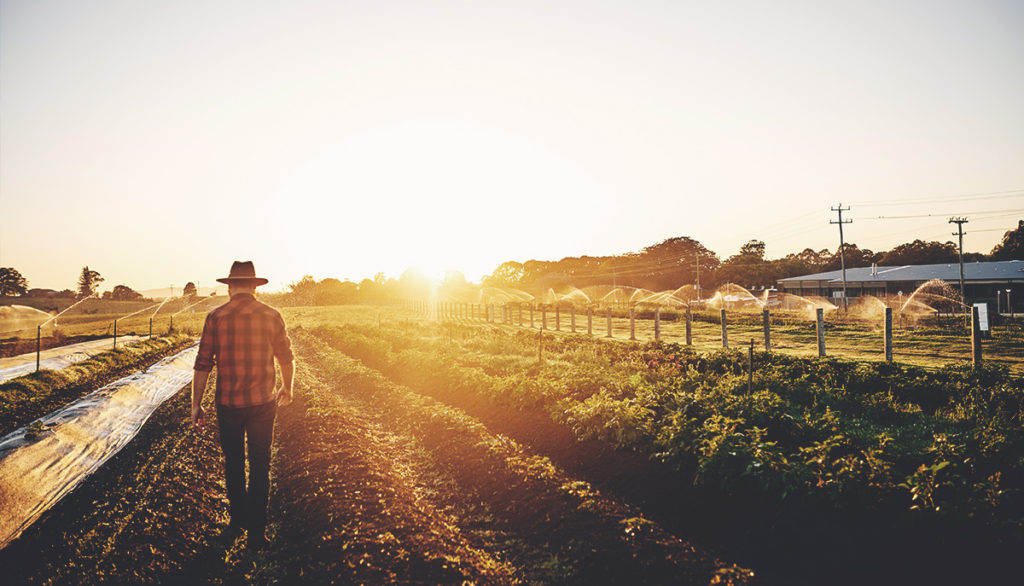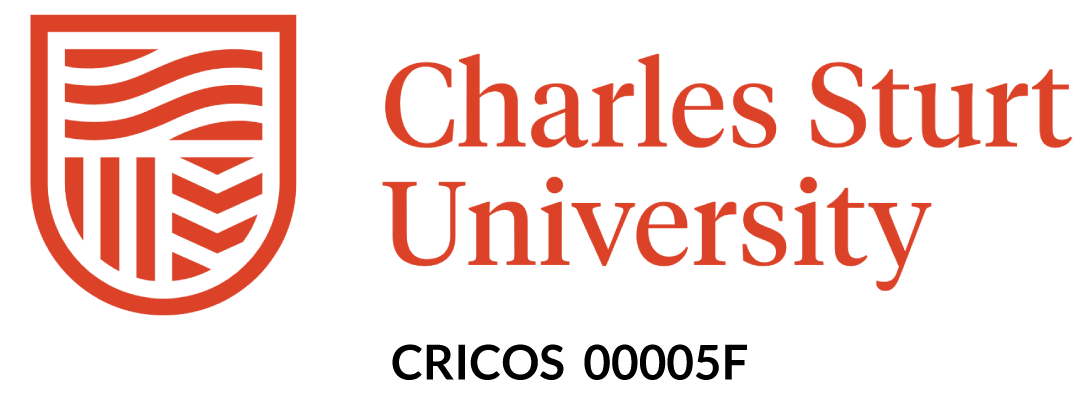Globalisation, automation and rapidly changing needs mean the future of employment will probably look very different to now. In fact, many current careers won’t exist in the next 10 to 20 years. So, it’s critical that students ask the important question: ‘Will my chosen study path lead to strong job opportunities after graduation and beyond?
In this series, we’re exploring a range of occupations forecast to have strong employment prospects in the future. Some careers in the tech industry are quickly emerging. Plus, there are other existing careers that will also have an important place in the employment opportunities of tomorrow.
As the global population rapidly increases and we grapple with the changing climate, there has never been a greater need for sustainable agriculture. In this guide, we examine what sustainable agriculture is and what opportunities await in this modern industry.
What is sustainable agriculture?
Agriculture – the science and practice of farming and cultivating crops – has been practised for centuries to respond to human demands for food and textiles. As time has gone on, we’ve grown more aware of the Earth’s finite resources. As a result, it’s become more important than ever for the agriculture industry to embrace more sustainable technology and practices.
Sustainable agriculture places an equal focus on the environmental, economic and social aspects of agriculture. According to the National Farmers Federation, it is a large discipline that features initiatives across various areas of agriculture, including:
- Dairy: The dairy industry is increasingly placing value on animal welfare and resource management as a means of promoting sustainability.
- Red meat: Meat & Livestock Australia is exploring more eco-friendly practices such as natural water management and preservation, methane reduction and more.
- Sheep: The Australian sheep sector boasts the Sheep Sustainability Framework, which works to align industry practices with community expectations and sustainability.
Why sustainable agriculture?
Sustainable agriculture is an attractive career path for a number of reasons. Firstly, it marries a variety of interests that you may have, including food science, environmental science, technology, business, politics and many more. If you’re hoping to gain a breadth of skills and enjoy a multi-disciplinary career, sustainable agriculture is a great fit.
Additionally, it is an ideal avenue for those who are eager to make a difference in the world. If you are passionate about protecting the environment and eliminating world poverty, you can practically realise these dreams by working in sustainable agriculture.
It’s also a transformative industry that is undergoing rapid changes. That means that students can evolve their skills and adapt to a wide range of environments. By becoming more adaptable, you will be better able to apply your skills in a variety of settings, both professional and otherwise.
Plus, those who work in sustainable agriculture are likely to enjoy career stability as this sector is expected to grow consistently in the near future. Due to the demand for emerging leaders in the industry, employment in Agriculture, Forestry and Fishing is also projected to grow by 5.1 per cent over the next five years.
What to expect from sustainable agriculture jobs
Sustainable agriculture jobs come in all shapes and sizes, meaning you can tailor your career progression to your skills and interests. For example, a role in agribusiness could involve managing a team, forecasting the risks for a business and formulating marketing strategies.
If you’re more interested in science, your future could involve research into climate patterns, or soil health, and how this affects farming practices.
Those with a passion for politics and social justice can apply their agriculture knowledge to policy, which can then influence key actors such as the government to enact greener legislation.
Education pathways
There are a number of educational pathways that can direct you towards a future in sustainable agriculture. At the undergraduate level, a Bachelor of Agricultural Science is a fantastic place to start your journey, providing you with important scientific foundations with an agricultural lens. However, many students opt for a broader undergraduate degree, choosing to focus on agriculture down the line.
If you’d like to become more specialised in the field of sustainable agriculture specifically, a Master of Agricultural Science (with specialisations) could be the perfect next step. In this course, offered by Charles Sturt University, you’ll have the opportunity to enhance your knowledge and skills in the areas of Agricultural Business Management, Digital Agriculture or Sustainable Agriculture.
Named the #1 university for graduate employment, Charles Sturt University is the ideal place to begin your study journey in sustainable agriculture. With campuses in some of New South Wales’ fastest-growing regional cities, you’ll benefit from a unique study experience with access to some of Australia’s most diverse agricultural landscapes.
Charles Sturt University is an Australian University, TEQSA Provider Identification: PRV12018. Charles Sturt University CRICOS Provider Number: 00005F






